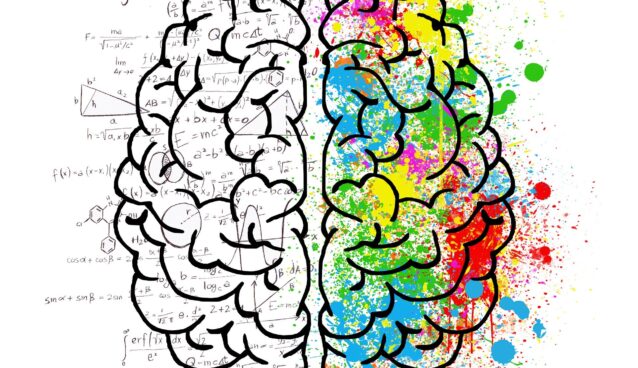It’s Good To Be Sceptical

Apparently, there is no evidence that red meat causes cancer after all. So, now who do we believe?
…Bradley Johnston, associate professor at Dalhousie University, said: “Based on the research, we cannot say with any certainty that eating red or processed meat causes cancer, diabetes or heart disease.”
The study’s author elaborated: “From 12 randomised controlled trials enrolling about 54,000 individuals, we did not find a statistically significant or an important association in the risk of heart disease, cancer or diabetes for those that consumed less red or processed meat.” (https://tinyurl.com/yyvwdv4l)
The perpetual variation in the direction ‘science’ and ‘experts’ point, on any issue, matters. The ‘ordinary person on the street’ may not be a scientist, but they’re also not stupid and can spot evidence that what they’re told ‘experts’ claim isn’t always: (1) what experts actually claim, (2) even certain (as claims change or are superseded), or (3) supporting of the conclusion they’re told it supports. In other words, they can spot ‘sciencism’ when they see it and are, rightly, dubious.
What is sciencism? At its core sciencism is the belief that anything which can be presented as though it is backed by science ought to be believed.
Over the years, however, enough claims have been found to be false, or misrepresented in their connotations, or superseded, as to make scepticism a reasonable and necessary position. While that is frustrating for those who make scientific claims which are then not believed, it actually places the unbeliever in a more scientifically rational position than those expecting automatic acceptance of the claim.
It’s accepted that healthy scepticism is essential for real science, yet it is criticised when it’s applied by ordinary people to scientific claims. What sciencism demands is, essentially, blind faith in scientific claims. It’s built on the appeal to authority logical fallacy, and often others too including cherry picking, appeal to emotion, the bandwagon, the black and white fallacy and so on.
It’s important to note that none of this means the claims being made are false, but it does provide reasonable grounds for scepticism. A scepticism which ought to be equally applied to counter claims and a scepticism that applies to previously ‘unimpeachable’ ‘settled science’ about margarine, carbohydrates, red meat and others.
When it comes to bigger claims scepticism is even more important. On climate change the sheer weight of demands about individual freedom, state control, lifestyle and economy being made on the back of increasingly hysterical claims, makes our scepticism essential. A review of expert backed climate predictions, revealing a long list that has utterly failed to be reliable, certainly makes scepticism the more logical path. Against this we’re expected to believe the latest climate claims are better precisely because they are new. But were not all claims new at one point? In the world of climate change they have failed to deliver their dire conclusions.
There’s no reason, therefore, to rush headlong into global green socialism, throwing the baby out with the bathwater, on the basis of the latest panicked claims. Funny how the answer is always what globalists would have demanded anyway, even if Carbon Dioxide wasn’t labelled a bogey man – more state control, less freedom and higher taxes. Marrying climate change to the push for ever bigger more powerful state doesn’t help their cause. Environmentalism has cried wolf too many times to be automatically accepted when all of that is at stake.
The truth is out there, but promoters of sciencism don’t necessarily have it.
Being sceptical of sciencism, especially with climate change, protects your liberty.
